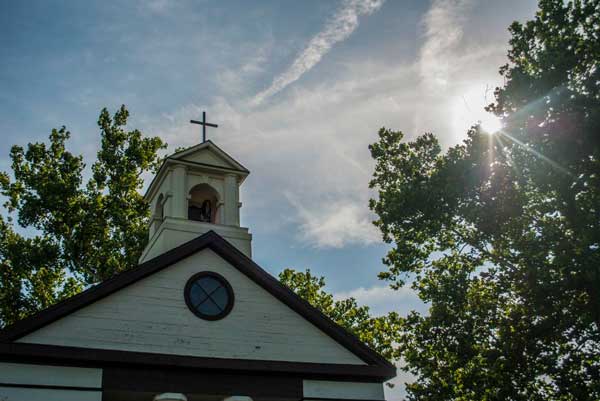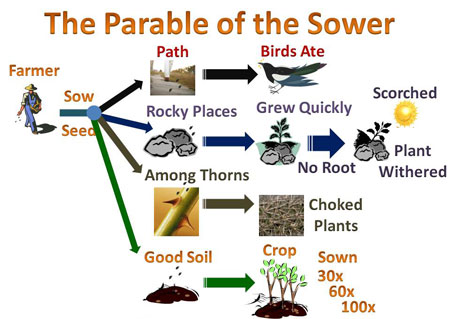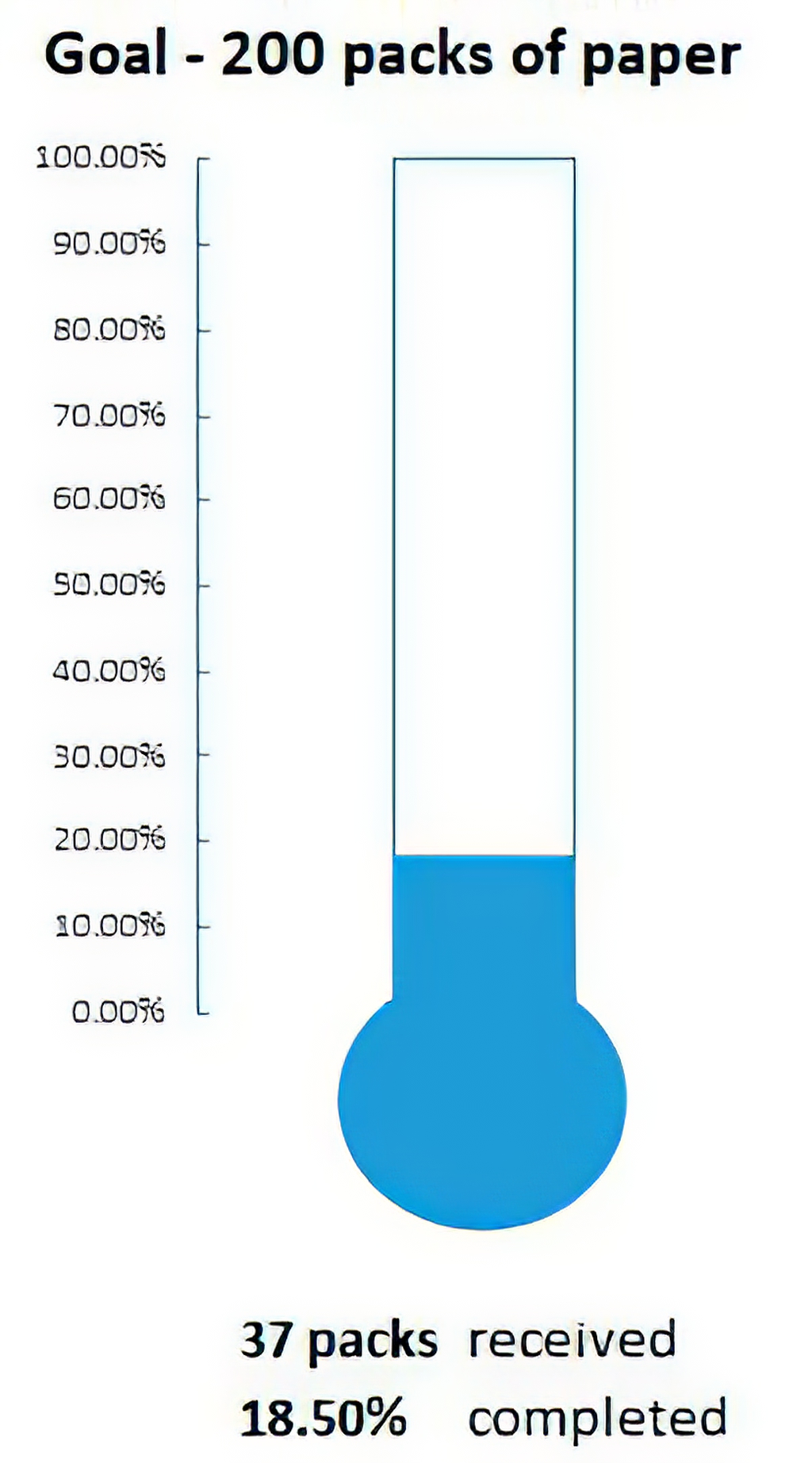I.Theme – How we carry out our work in the world

"The Sower" – Van Gogh, 1888
The lectionary readings are here or individually:
Old Testament – Isaiah 55:10-13
Psalm – Psalm 65: (1-8), 9-14 Page 672 or 673, BCP
Epistle –Romans 8:1-11
Gospel – Matthew 13:1-9,18-23
This week the emphasis is how we play our stories in the world.
The New Testament readings provide guidance on reacting to Jesus ministry and work with our own. It is empowered by the spirit to be about the spirit. We must be careful to seek that world – the world according to the spirit and not the flesh
Those whose lives are motivated and powered by earthly goals and passions, no matter how "good" they may be, are in opposition to God. Those who offer the Gospel to the world often seem to squander so much of their time and resources with little chance of a return but we can be assured that Jesus has invested in each one of us as his disciples. We become life giving to each other as God has been to us.
Perhaps here the sower is anyone who tells the good news. Growth represents receptivity. It could be you or me. It could be God. It could be Jesus. The sower scatters his seed generously and seems to waste so much of it on ground that holds little promise of a rich harvest. Those who offer the Gospel to the world often seem to squander so much of their time and resources with little chance of a return but we can be assured that Jesus has invested in each one of us as his disciples. He too seemingly squandered his time with all sorts of people, outcasts of all hues and yet the harvest has already been a good one. Surely a great encouragement for us all!
For Paul if we promote God’s teaching and goals as agents of God then we are acting according the spirit. If we look selfishly to our own then we are not.
Are we brave enough to step out of our comfort zones? Do we hold on rather too tightly to our resources, making sure we have something in reserve for the proverbial rainy day or should we imitate the sower in our own generosity?
The sower seems to lead to the idea that disciples are not always the chosen. It seems that these will often be the most unlikely candidates; the people that the world does not rate, the goats rather than the sheep, the tax collectors and the prostitutes rather than the respectable. These are the ones that will go ahead of the religious leaders of the day into heaven! And what of the disciples? Is there hope for them too? Time and again they are found wanting in understanding, in faith and in courage but the encouraging thing for all of us is that Jesus doesn’t give up on them. In fact, he continues to invest in them, even to the point of entrusting the future of his mission to them. The disciples will bring others to Christ
It may take time for results to appear as Isaiah seems to say. It’s the environment that causes the sowers crop to eventually turn into bread as Isaiah says. God will make the peoples’ religious lives fruitful, as he has done for their land.
God’s presence is shown as powerful, gracious, and life-giving in the Psalm. The dangerous features of nature are pacified, and the rest of nature comes to life with joyful exuberance. God’s presence is shown as powerful, gracious, and life-giving in the psalm. The dangerous features of nature are pacified, and the rest of nature comes to life with joyful exuberance. As with the sower’s seeds, results don’t happen over night and patience is a must. As Walter Bouzard writes about the Psalm, “The motion of the psalm from quiet, expectant waiting to a summons for the creation itself to join the choir of praise suggests that the journey from expectation to exaltation is just that — a journey. Many of us, perhaps most of us, find ourselves somewhere in the middle of the journey.”
Read more








